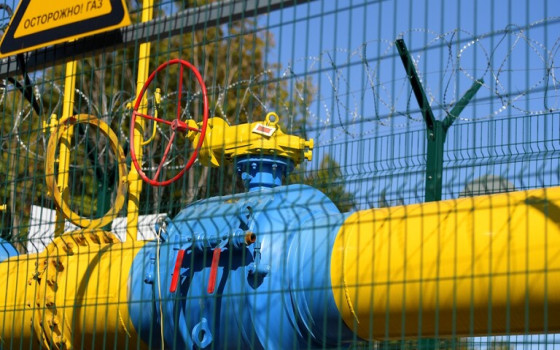
Three years after the Nord Stream pipeline incidents in the Baltic Sea, the United Nations calls for non-politicization of investigation results. Moscow rejected the accusations and described it as an international terrorist attack.

- Europe and Arabs
- Wednesday , 27 August 2025 8:57 AM GMT
New York: Europe and the Arabs
A senior UN official has called for restraint and patience while awaiting the results of ongoing investigations and any legal proceedings regarding the Nord Stream gas pipeline incidents in September 2022. According to the UN Daily News on Wednesday morning,
In a briefing to a Security Council meeting on the matter held Tuesday evening at the request of Russia, Miroslav Jenča, UN Assistant Secretary-General for Europe, Central Asia and the Americas, recalled that "this incident has heightened concerns about the safety and security of critical civilian infrastructure amid escalating tensions in the region."
He summarized what happened at the time when, between September 26 and 29, 2022, four leaks were reported in the Nord Stream 1 and Nord Stream 2 gas pipelines, located in international waters within the Swedish and Danish economic zones in the Baltic Sea. He cited a study conducted in January 2025, coordinated by the United Nations Environment Programme, which concluded that the accident resulted in "the largest human-made methane release on Earth." He added that, according to experts, the short-term gas leak from the Nord Stream pipeline contributed to global warming equivalent to driving 8 million cars for a year.
Avoid Politicizing the Results of Investigations
The UN official noted that the Danish, German, and Swedish authorities had launched separate national investigations into the accident and had periodically updated the Council on developments. He also referred to correspondence from Russia to both the UN Secretary-General and the Security Council presidency last year on the matter.
Jenca said, "The information provided also indicates that, as part of this investigation, the Federal Prosecutor of Germany announced that a Ukrainian citizen had been arrested in Italy on August 21, 2025, based on a European arrest warrant requested by the German authorities." Based on these facts, Jenča stated that "the United Nations is not in a position to comment on ongoing investigations or legal proceedings."
The UN official emphasized that any deliberate damage to vital civilian infrastructure is of grave concern, and that such incidents must be condemned and investigated.
He cautioned that "in the current volatile security environment, we also urge avoiding politicizing or speculating about any findings or developments related to the ongoing investigation efforts," emphasizing the critical importance of cooperation, trust, and dialogue among all stakeholders.
The Nord Stream pipeline bombings were a series of four explosions that struck the Nord Stream 1 and Nord Stream 2 pipelines, resulting in gas leaks in the Baltic Sea between September 26 and 29, 2022. The bombings are believed to have been deliberately sabotaged; the identity of the perpetrators and the motives behind the bombings remain under debate, and the results of the official investigations have not yet been released. The Nord Stream 1 and Nord Stream 2 pipelines were built to transport natural gas from Russia to Germany and Western Europe via the Baltic Sea. The Nord Stream 1 project is largely owned by the Russian state-owned gas company Gazprom. Prior to the leaks, the Nord Stream 2 pipelines were full of natural gas after being decommissioned due to disagreements between Russia and the European Union following the invasion of Ukraine. On September 26, 2022, at 02:03 local time, the first explosion on the Nord Stream 2 pipeline was reported. A pressure drop in the pipeline resulted in natural gas flowing to the sea surface southeast of the Danish island of Bornholm. Seventeen hours later, three separate leaks appeared on the sea surface northeast of Bornholm, caused by similar sabotage to Nord Stream 1. The three damaged pipelines are now inoperable, and German sources have stated that the damage caused by the explosions, if repairs are delayed, could permanently end the Nord Stream 2 project. The sites affected by the sabotage were located in international waters and within the exclusive economic zones between Denmark and Sweden.
The Nord Stream pipeline explosions coincided with the inauguration of the Baltic Pipeline by Poland and Norway, a strategic project to transport Norwegian gas from the North Sea to Europe via Denmark. The project is intended to replace Russia's Nord Stream pipeline.
Danish Prime Minister Mette Frederiksen announced that explosions had been recorded, which she said were deliberate and not accidental. Swedish Prime Minister Magdalena Andersson said the Nord Stream gas leak was likely sabotage, and EU officials and NATO Secretary General Jens Stoltenberg expressed similar views at the time. Earlier, several analysts suggested that the circumstances surrounding the incident appeared suspicious and that sabotage was likely the result. Nord Stream AG, the pipeline operator owned by Gazprom, said that the pipelines suffered "unprecedented" damage in a single day. On September 29, 2022, Kremlin spokesman Dmitry Peskov rejected accusations that Russia was responsible for the explosions, describing them as "predictable, stupid, and absurd." That same day, Russian President Vladimir Putin described the Nord Stream pipeline explosions as "an unprecedented act of international terrorism."


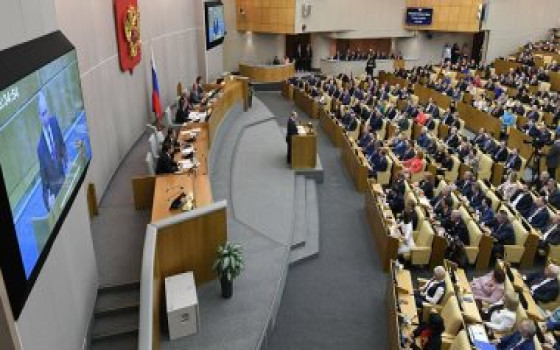
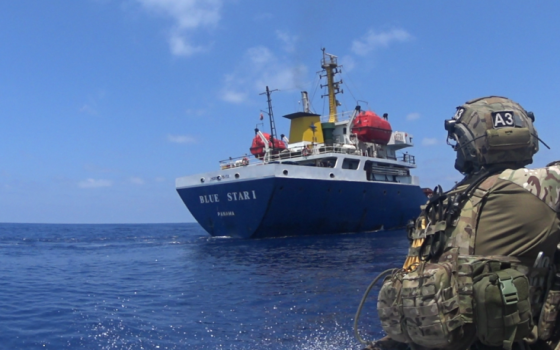
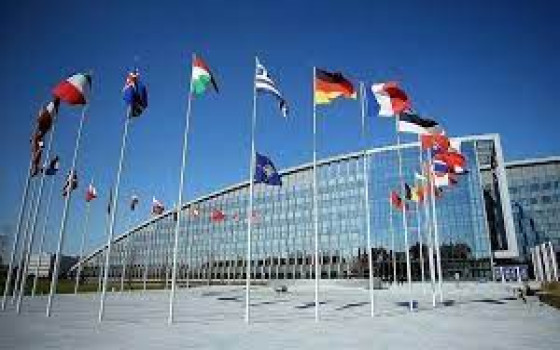
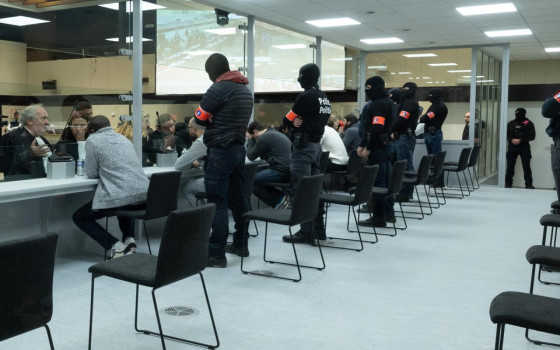
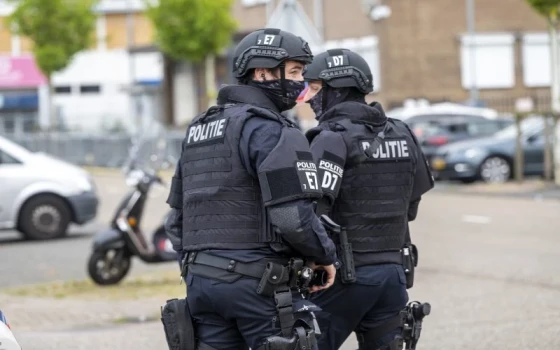
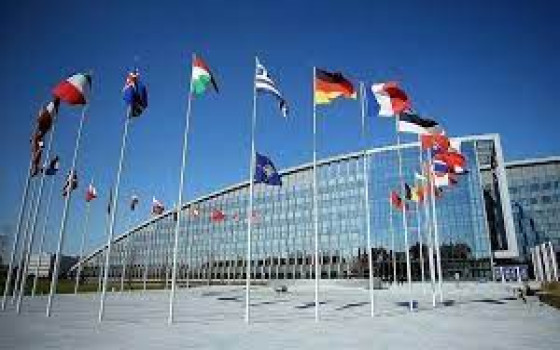
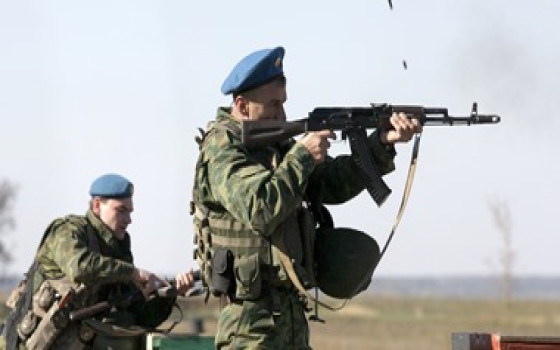
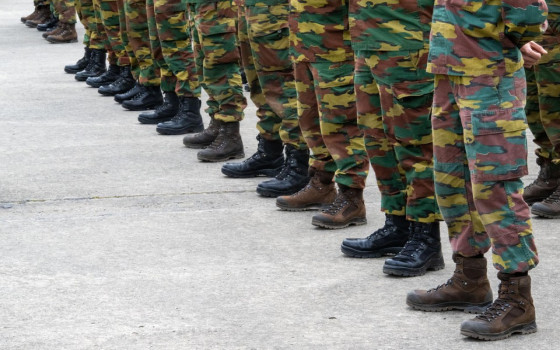

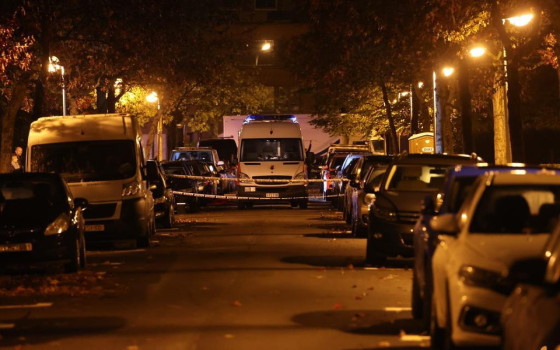
No Comments Found